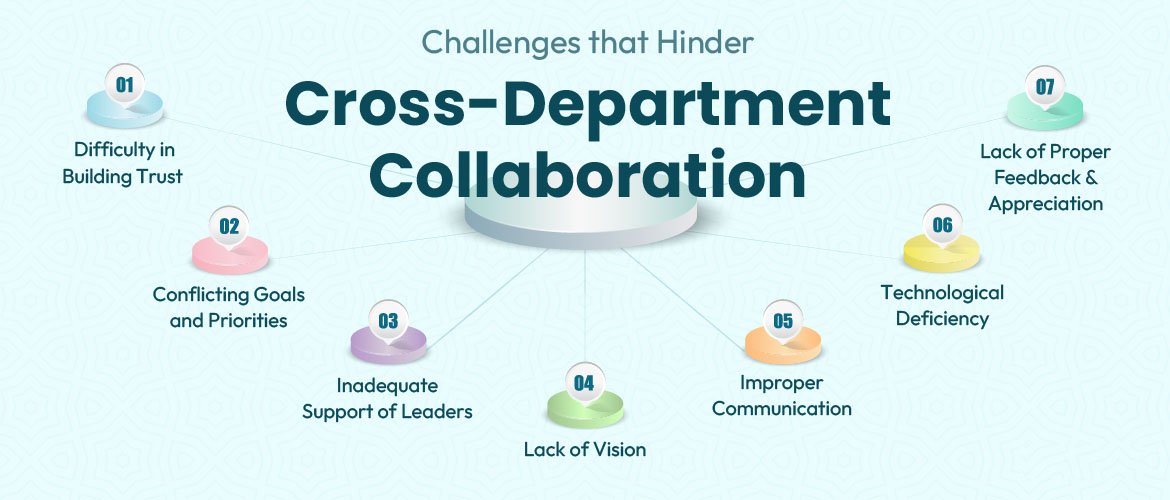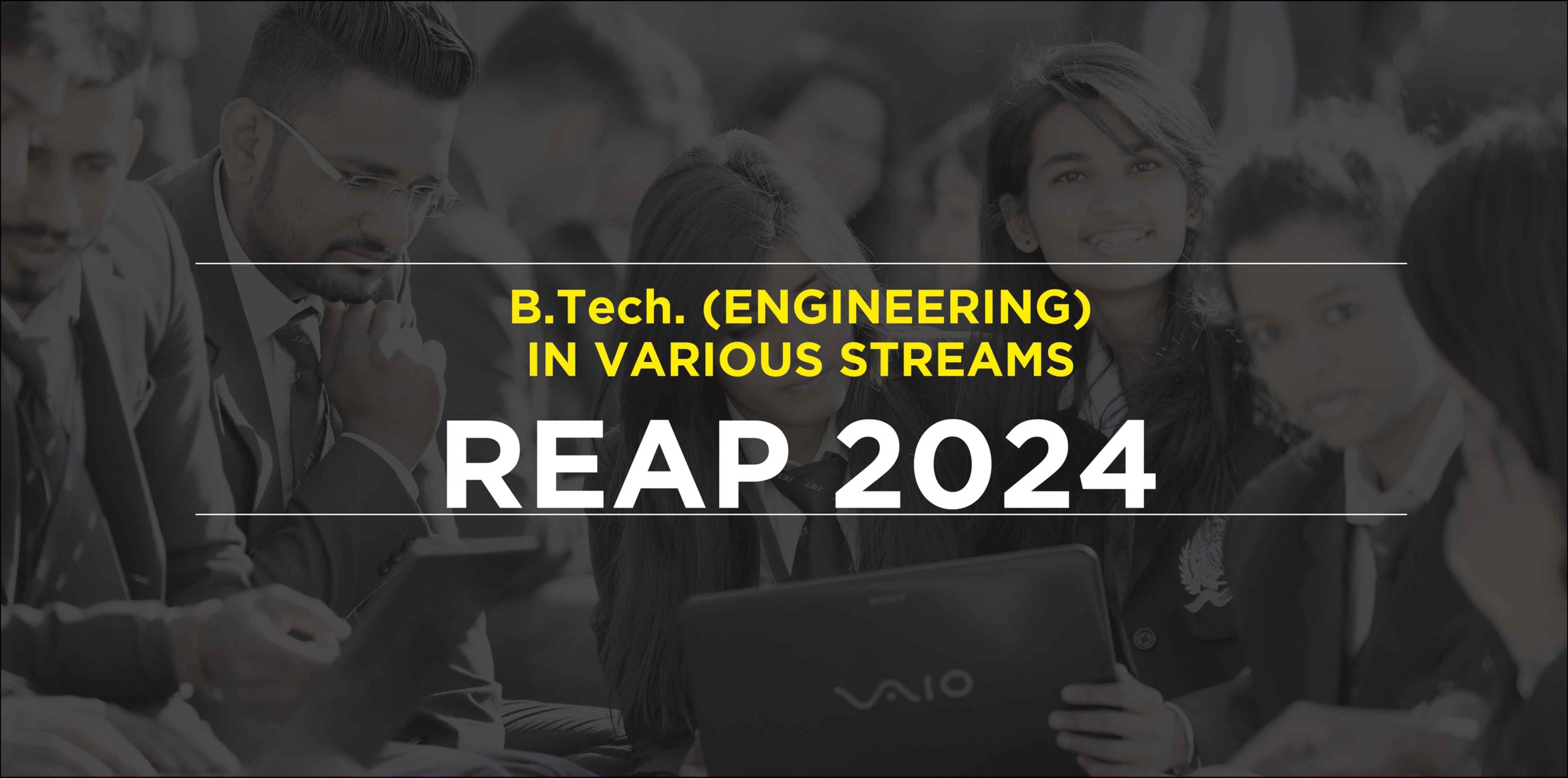What is the work of an AI engineer?
Have you ever wondered what an artificial intelligence engineer does? There are many aspects to this role. The first is integration with other systems. AI relies on information, so it needs to be able to integrate with databases and other systems efficiently. The next aspect is building new solutions. This includes training systems using datasets, applying optimization algorithms, and building new solutions based on the data. Deep learning can be utilized to create new solutions that may not have been possible otherwise.
Artificial intelligence is taking over the world, and AI engineers are at the forefront of this movement. The role of an AI engineer is multifaceted and has many facets. Artificial intelligence is a highly sought-after skill set needed by many companies. A new field emerged; as a result, it's referred to as AI engineering. It is not a new type of engineering but rather an effort to implement AI technologies into various business processes, software applications, or even hardware devices.
This blog is meant to help bring people up to speed on all the things of artificial intelligence engineering and AI engineers’ work.
Section: What is artificial intelligence (AI) engineering?
The field of artificial intelligence (AI) is a broad one that encompasses many different sub-fields and aspects of AI aimed at developing machines that can mimic or, in more technical terms, emulate intelligent human behavior. In other words, it aims to develop machines that can perform tasks that typically require human intelligence.
There are numerous sub-fields within AI, including machine learning, neural networks, computer vision, and natural language processing.
AI engineering is a subset of artificial intelligence. It is concerned with the research, development, and creation of AI. Those within AI engineering apply their expertise to creating and refining artificial intelligent systems that can solve problems, provide assistance, go deeper into information, and make decisions.
AI engineering requires computer science, physics, mathematics, statistics, programming, and software engineering expertise. The different branches of AI engineering require different skills. For example, machine learning developers need a background in statistics and math, whereas those within the computer vision sub-field need a physics and computer science background.
AI engineers usually work in academia, government, or industry. They also work in specialized AI organizations that focus on a particular area, such as game development and computer graphics. Those who wish to work as AI engineers need to have a deep knowledge of artificial intelligence and its various sub-fields. The ability to analyze the algorithms and data structures that AI engineers use is essential. This allows them to understand how the algorithms work and why they work the way they do. It then allows them to refine those algorithms to take advantage of them.
Section: Why is AI so important now?
AI, or artificial intelligence, refers to the ability of a machine to imitate intelligent human behavior. While scientists have been trying to create machines that think and reason like humans for centuries, the technologies required to build AI never seemed feasible until about 50 years ago.
Since 2005, however, computing power has skyrocketed, and algorithms have advanced to the point where we can build machines that can actually think. As a result, we've entered an era of machine learning, in which AI systems are learning from the interactions they have with their environment, not just following pre-programmed instructions.
Because AI systems learn on the fly, they can make decisions independently, which makes AI systems extremely useful. For example, they can analyze data and make predictions without being explicitly programmed to do so, which drastically reduces the amount of time and effort required to build specific computer systems.
By learning from their own experiences, AI systems can also tailor their actions to best suit the circumstances in which they find themselves. For example, machine learning systems can give a self-driving car the ability to recognize and respond to pedestrians and cyclists rather than follow a predetermined path.
AI is everywhere. AI can power your smart thermostat, smart appliances, and even your intelligent assistant. AI can power the search engine that gets you the information you need. And AI powers self-driving cars, which will eventually replace our cars altogether. The use of AI is becoming inevitable, and it is boosting all the sectors like healthcare, defense, industrial production, marketing, software development, education, etc.
The innovations we're seeing from AI today are only the beginning.
That's why AI has become so crucial to modern society. The systems that we build today will be the primary way we interact with the world for the foreseeable future.
Section: What do artificial intelligence engineers do?
Suppose you were to ask an AI engineer what their daily work consists of. In that case, the answer might be: "I create algorithms, I solve mathematical problems, I build complex neural network models, I create data pipelines, I architect and scale big data applications, and I design and implement intelligent interfaces.
AI engineers have a broad range of responsibilities involving any of these areas, or they can primarily focus on one area. What they have in common, though, is the constant need to learn and to be open to continuous learning.
This may sound like a lot of responsibility, but AI technology is evolving so fast that AI engineers need to stay at the forefront of their field: They need to be able to adapt to changing technology, new research, new algorithms, new hardware, and new environments.
And AI engineers need to be able to share what they've learned with the rest of the organization.
So, who's responsible for this constant learning?
Typically, AI engineers are part of a larger AI team, including data scientists and researchers who bring domain expertise to the design process. AI engineers work closely with data scientists to create algorithms, train models, and validate hypotheses.
AI engineers keep their AI team's knowledge up to date by attending conferences and publishing papers. They must also stay up to date with new technologies and developments in the field, which is why it's essential to network with other engineers, data scientists, researchers, product managers, and designers.
AI engineers also need to "speak the language of the business." They need to explain how AI helps the company reach its business goals and how new technologies fit into the existing architecture.
To create data pipelines, AI engineers also work closely with colleagues on other teams, such as product managers and data engineers.
Artificial intelligence engineers design, develop, and maintain computer algorithms that mimic how the human brain learns and solves problems. These algorithms are designed to solve problems in computer vision, natural language processing, speech recognition, etc.
Artificial intelligence engineers were primarily responsible for creating the hardware and software that their algorithms ran on in the early days of the field, but those days are long gone. Today, artificial intelligence engineers work with algorithms and hardware developed by others, including computer scientists, statisticians, economists, and physicists.
Artificial intelligence engineers work in various industries, including finance, healthcare, education, and telecommunications.
Some large tech companies that employ artificial intelligence engineers are Google, Facebook, Apple, Microsoft, and Amazon.
At the most basic level, artificial intelligence engineers write algorithms that convert information into something useful. For example, an algorithm might recognize objects in images or translate texts from one language into another.
An algorithm's usefulness depends on the domain it solves. For example, an algorithm designed to recognize objects in images is more valuable to a manufacturing company that sells picture frames than a music streaming service.
Artificial intelligence engineers may focus on building algorithms for a particular domain or work across disciplines. For example, a natural language processing engineer might develop an algorithm that translates texts from Japanese to English.
Artificial intelligence engineers also need to be able to break down complex problems into simpler ones. For example, suppose a computer vision engineer wants to automate the process of labeling objects in photographs. He will need first to develop an algorithm that can identify the things and then match them in the database and label them accordingly.
The typical work of an AI engineer and skill set:
Today, Artificial Intelligence (AI) is the hottest topic in technology. The importance of AI is demonstrated by the fact that not one global company, but all of them, from Google to Amazon, Facebook, Microsoft, IBM, Twitter, Apple, and Samsung, have already launched projects related to AI.
But what exactly is the work of an AI engineer?
In general, an AI engineer is a person who creates and develops software systems capable of using artificial intelligence.
An AI engineer should know how to implement and use neural networks for image recognition, speech recognition, natural language processing, machine learning, robotics, game theory, mathematical optimization, etc.
An AI engineer should possess strong programming skills, including C, C++, Python, Java, JavaScript, etc.
An AI engineer should know standard algorithms such as the Simplex method, Levenberg-Marquardt, Newton's, Newton's-Raphson method, etc.
An AI engineer should know basic mathematical operations, such as addition, subtraction, multiplication, division, etc.
An AI engineer should know how to configure an operating system, such as Windows, Linux, Android, Mac OS, iOS, etc.
An AI engineer should know how to configure a development environment, such as Visual Studio Code, PyCharm, Android Studio, Xcode, IntelliJ IDEA, etc.
An AI engineer should know how to write unit tests, integration tests, performance tests, regression tests, etc.
An AI engineer should know the importance of developing high-quality code.
AI engineers also research and learn about AI best practices. They must stay updated on industry developments, including new statistical techniques, the latest hardware advances, and new AI startups.
Takeaway:
AI is a technology that will continue to become more and more prevalent in the future. A degree in AI will prepare you for an exciting and varied career. As you grow in AI, you will face many exciting challenges and enjoy working in your domain.




















